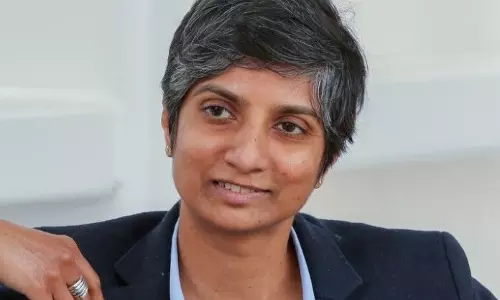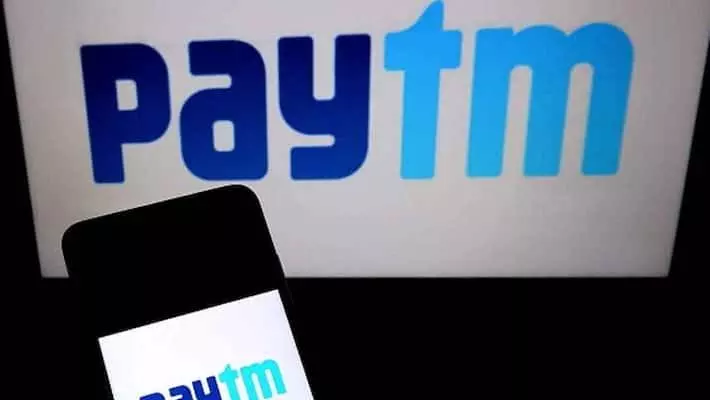
Paytm shares crash 26% on debut after India's biggest ever IPO opening
text_fieldsDigital transaction app Paytm saw shares fall a whopping 26% during their Mumbai market debut on Thursday, just days after the company had raised one of the biggest ever Initial Public Offerings (IPO) of 2.5 billion dollars. Paytm's first-day slump comes as Asia's third-largest economy has been in a grip of an IPO frenzy as shares sit near record highs. India's benchmark BSE Sensex index has risen by almost 25% since the start of this year.
Paytm's first-day slump comes as Asia's third-largest economy has been in a grip of an IPO frenzy as shares sit near record highs. India's benchmark BSE Sensex index has risen by almost 25% since the start of this year. Despite the decline, Paytm has garnered a valuation of over 1 lakh crore. Some stock market analysts have blamed highly expensive valuations as the reason behind the steep drop in stock prices.
The cashless transaction app garnered interest from 122 institutional investors who bought more than 3.83 crore shares for 2,150 apiece, according to a regulatory document dated November 3. India has been seeing a surge in investors looking to pour money into promising startups and companies emerging from the Covid-19 slump that hit the economy.
Even before Paytm's record share listing, Indian companies had raised a record $10.5bn so far this year through IPOs in 2021. Last week, shares in beauty retailer Nykaa jumped on its debut, while food delivery app Zomato surged on its first day of trade in July. The soaring valuations of Indian IPOs has prompted authorities to take steps to try to cool the market.
Paytm has received a major fillip in past years thanks to the Narendra Modi government's efforts to promote cashless economy and digital transactions post demonetisation. The company was founded in 2010 by Vijay Shekhar as a mobile recharging app which quickly expanded into other sectors like ecommerce and digital transactions. It handled transactions worth more than$50 billion for over 300 million customers last year alone.

















